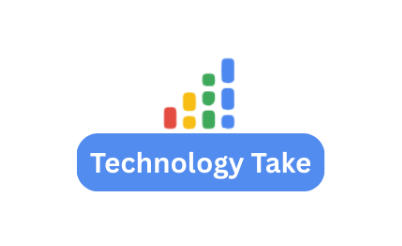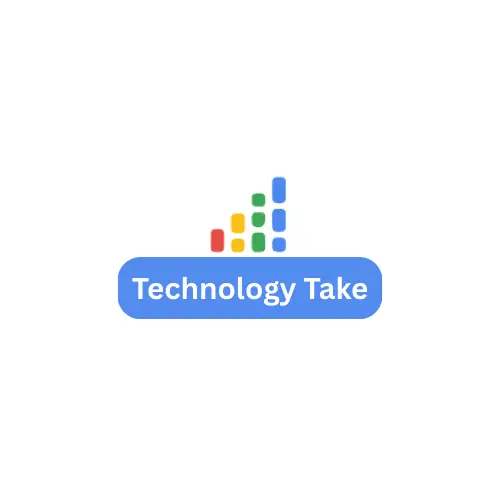The Evolution of AI in may 2025 Breakthroughs, Policies, and Global Impact
Introduction
Artificial Intelligence (AI) has undergone transformative advancements in 2025, reshaping industries, governance, and daily life. From Google’s AI-powered search enhancements to China’s strict AI classroom guidelines, the technology continues to evolve at an unprecedented pace. This article explores the latest AI developments, policy shifts, and ethical considerations shaping the field as of May 2025.
With AI now deeply integrated into sectors like healthcare, education, and global trade, understanding its trajectory is crucial. We’ll examine key innovations, regulatory changes, and emerging challenges, ensuring a comprehensive view of AI’s role in today’s world.
The Evolution of AI in may 2025
1. AI in Search: Google’s AI Mode and Deep Search
Google has revolutionized search with AI Mode, an advanced feature leveraging Gemini 2.5 to provide intelligent, multimodal responses. Unlike traditional search, AI Mode breaks queries into subtopics, issuing simultaneous searches to deliver hyper-relevant results. This innovation has increased Google’s usage by over 10% in key markets like the U.S. and India 1.
Deep Search, another breakthrough, conducts hundreds of queries to generate expert-level, fully cited reports in minutes. This feature is particularly useful for researchers, saving hours of manual effort. Google’s integration of Project Astra’s live capabilities further enhances real-time visual search, allowing users to interact with AI via camera inputs 1.
2. AI in Education: China’s Tiered Guidelines and Global Trends
China has implemented strict AI guidelines for classrooms, prohibiting unfettered chatbot access for primary students while encouraging inquiry-based AI learning for high schoolers. The policy emphasizes critical thinking, banning AI-generated submissions as original work 2. Meanwhile, Egypt is pushing compulsory AI classes, aiming for four hours weekly to boost digital literacy 2.
In the U.S., President Trump advocates AI education starting in kindergarten, arguing early exposure is key to competitiveness. However, critics question the feasibility of such initiatives for young learners 5. Universities like East Texas A&M are also launching AI-focused programs, reflecting growing demand for AI skills 5.
3. Legal and Copyright Challenges in AI Development
The U.S. Copyright Office released a landmark report clarifying that AI model weights may infringe copyright if they “memorize” protected material. The report stresses that fair use depends on the AI’s purpose and market impact, signaling ongoing legal complexities 7.
In a related case, Meta faces lawsuits over AI-generated misinformation, including defamatory claims made by its chatbot. Courts are grappling with AI’s role in legal proceedings, as seen in an Arizona case where an AI-generated victim statement was used in sentencing 3.
4. AI in Government and Trade: Trump’s Policies and Tariff Navigation
The Trump administration has prioritized AI infrastructure, including coal-powered data centers under Executive Order 14261. Meanwhile, the Commerce Department rescinded Biden’s AI Diffusion Rule, opting for a more innovation-friendly approach 6.
Businesses are increasingly using AI to navigate Trump’s tariffs, with tools like Salesforce’s AI tariff agent analyzing 20,000 product categories in real time. Companies like Wipro deploy AI to adjust supply chains dynamically, though experts caution that AI is “not a silver bullet” for trade policy 11.
5. AI Breakthroughs in Healthcare, Manufacturing, and Beyond
Google’s AMIE AI doctor now interprets X-rays and MRIs, aiding faster diagnoses 5. In manufacturing, AI optimizes production lines, with adoption rates surging globally 5.
Alibaba’s Qwen3 has narrowed the AI gap with U.S. firms, offering cost-efficient multilingual capabilities 5. Meanwhile, Microsoft’s Azure now hosts Elon Musk’s Grok AI, expanding its reach 5.
Conclusion: The Future of AI in 2025 and Beyond
AI’s rapid evolution presents both opportunities and challenges. From enhanced search tools to ethical dilemmas in copyright, the technology is reshaping society. Governments worldwide are implementing AI education and regulations, while businesses leverage AI for trade and innovation.
As AI continues advancing, transparency, fairness, and adaptability will be crucial. Whether through Google’s AI Mode, China’s classroom policies, or U.S. legal debates, AI’s impact is undeniable—and its future, more transformative than ever.








